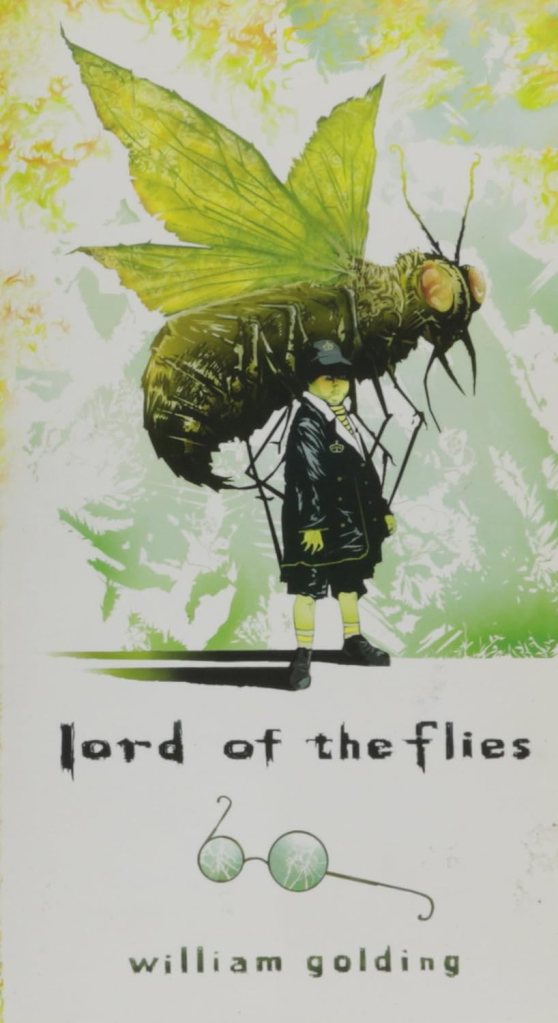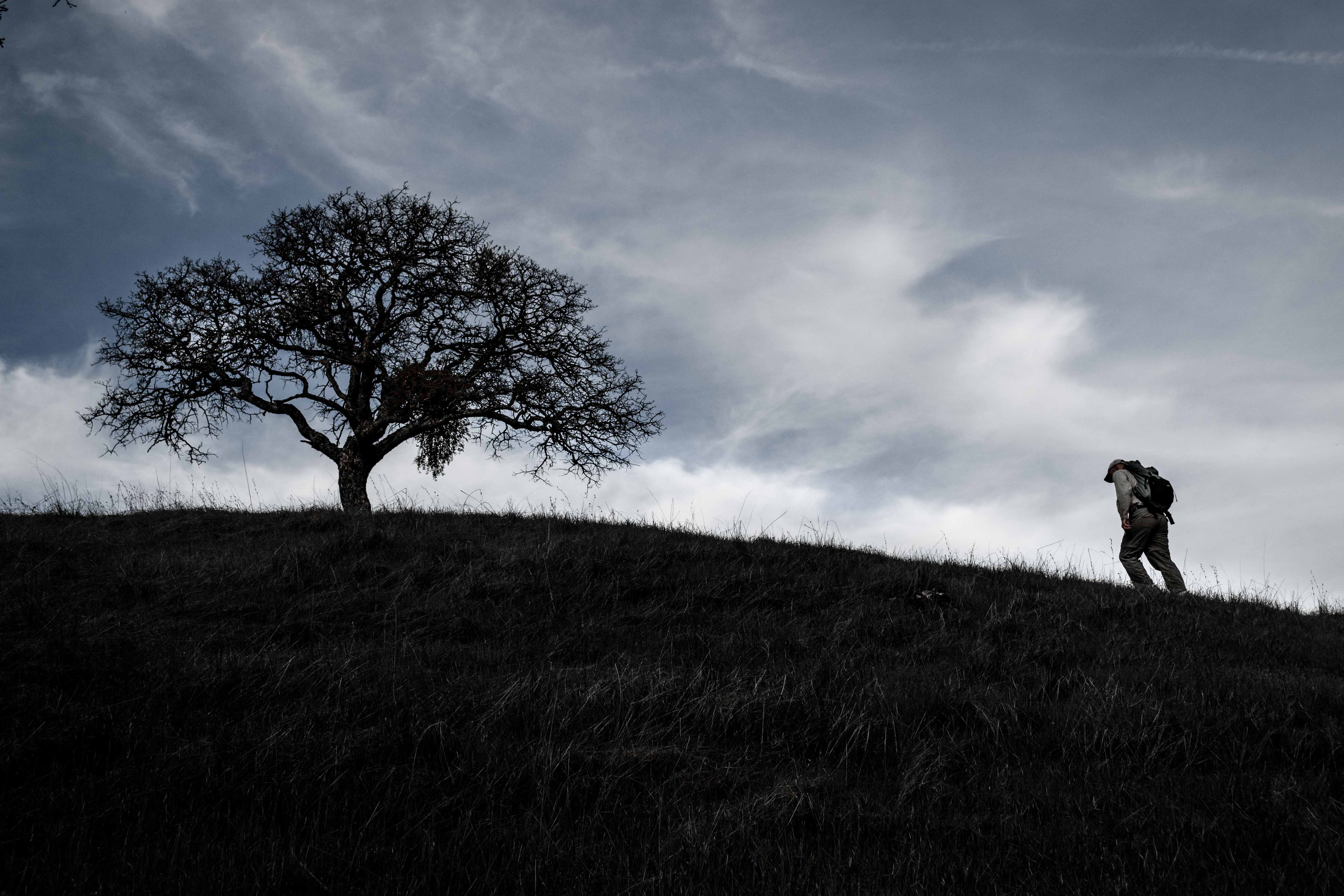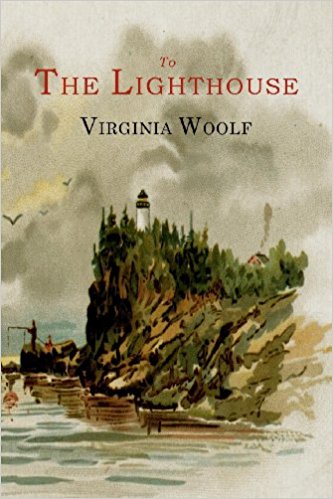June 24, 2018.
That was the last time I blogged at Interpolations. It’s been a spell. I’ve been happily (and productively) engaged on other fronts. In the last five years, I’ve continued reading, always. Too many books to name, although I’m likely to share one or two titles at the end of this post. Well, because.
Recently, I re-read the Lord of the Flies with my son. Holy smokes, what a book! I can’t think of a novel that explores a grimmer theme. Wait, grim isn’t quite right: malevolent. That’s better—malevolent, ghastly, wicked, evil. Moby Dick doesn’t even come close. Nor does Blood Meridian. And not even the Bible. Lord of the Flies stands alone in my mind, as the most artful treatment on the origin of evil in individuals and society.
Of course, I read the novel in high school. I remember Ralph, the fair-headed boy, a decent kid. I recall Jack, the id-beast in handsome human form. And of course, I remember Piggy, his plump far-sighted frailty. But I had no recollection of Simon whatsoever. His character hits me now like a revelation, as it should, given his role in the novel.
Unlike Jack (brutal appetite), unlike Piggy (bespectacled reason), and unlike Ralph (ineffectual pragmatist), Simon (a “batty” mystic) is the only one who perceives the nature of their condition. But his perception is ineffable, as most mystical perceptions are. Unable to adequately communicate his insight to others, he’s brutally murdered by a group of boys in the grip of hysteria.
When a bunch of kids butcher a mystic, it’s pretty damn gruesome. But Golding takes the gruesomeness even further. He populates Lord of the Flies with Christian symbols. They abound, everywhere. They’re as prolific as the creeping vines that choke the forest. Symbols of innocence, fallenness, sin, rage, lust, ignorance, will, desire, etc. Etc. Every major symbol in Christianity can be found in the novel save one:
A symbol of a loving personal God who’s interested in your fate. God is absent in the story, and that’s by design.
Golding’s religious awareness—he regarded himself as an “unaffiliated” Christian—is perfectly consistent with a godless world filled with sharp teeth and claws and rotting flesh, a world of demented social norms and savage individuals. Lives shimmer over a cauldron of blind indifference. At the end of the novel, the boys are rescued without being saved.
Therein lies the dark pessimism of Golding’s vision.
No, I haven’t forgotten
I teased two titles above, and now it’s time to deliver. Two books stand out as being exceptionally good. Actually, three. I forgot: there was a third.
Bereft of commentary and sitting on nothing more than my three-legged authority, I highly recommend The English Teacher by R.K. Narayan, A Month in the Country by J.L. Carr, and This House of Sky by Ivan Doig. I found the two novels and memoir, respectively, incredibly moving. Do shortlist them.
I have an idea for a future blog post at Interpolations. Think I’ll sit on it for a while.
See you in five years, I hope.




 Posted by Kevin Neilson
Posted by Kevin Neilson  I’m coming home at last.
I’m coming home at last. of sensations to things, moving from the swirl of feelings and musings and reveries to objects like books, trees, oceans, children, windows, and so on. It’s a profound novel. I sense how profound it is, I sense it when I read it, and I sense the world around me becoming profound when I read it. Experiences and things mysteriously conspire or happen in parallel; they goad and anticipate each other in surprising ways. I sense all this when I’m reading at lunch as I’ve been doing every day this week, sitting on a bench that’s perched on a spit of land near the bay, slowly rising and eating away at the shore where I sit, alone. And while I sit and read at the edge of the sea, I come upon this miraculously-phrased passage, which performs the very thing it’s been describing all along: “It was his fate [Whose: his or mine?], his peculiarity [Yes, yes.], whether he wished it or not, to come out thus on a spit of land [!!!], which the sea is slowly eating away, and there to stand like a desolate sea-bird, alone.” Him or me, or both? And how comes it that the bay and the sea rise up at just that moment to meet on a spit of land, where I’m perched on a bench reading, alone—wait, no, together-alone with a novel and my own reveries? I close the book and smile on my ignorance and the serendipity of it all.
of sensations to things, moving from the swirl of feelings and musings and reveries to objects like books, trees, oceans, children, windows, and so on. It’s a profound novel. I sense how profound it is, I sense it when I read it, and I sense the world around me becoming profound when I read it. Experiences and things mysteriously conspire or happen in parallel; they goad and anticipate each other in surprising ways. I sense all this when I’m reading at lunch as I’ve been doing every day this week, sitting on a bench that’s perched on a spit of land near the bay, slowly rising and eating away at the shore where I sit, alone. And while I sit and read at the edge of the sea, I come upon this miraculously-phrased passage, which performs the very thing it’s been describing all along: “It was his fate [Whose: his or mine?], his peculiarity [Yes, yes.], whether he wished it or not, to come out thus on a spit of land [!!!], which the sea is slowly eating away, and there to stand like a desolate sea-bird, alone.” Him or me, or both? And how comes it that the bay and the sea rise up at just that moment to meet on a spit of land, where I’m perched on a bench reading, alone—wait, no, together-alone with a novel and my own reveries? I close the book and smile on my ignorance and the serendipity of it all.
